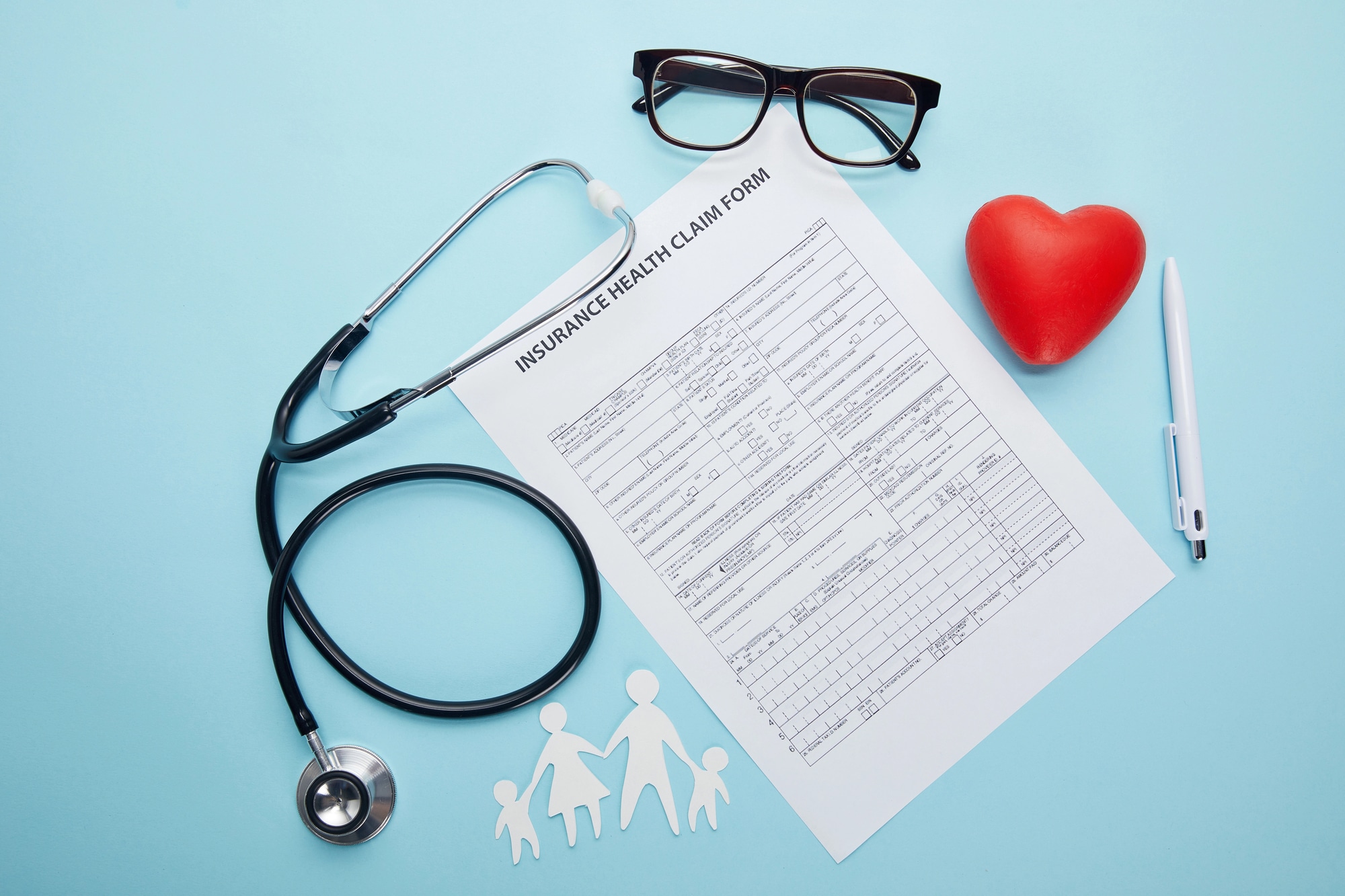
Binge Eating Disorder: Causes, Symptoms and Risk Factors
Binge eating disorder (BED) is a psychiatric issue that involves compulsive food intake in large amounts. BED not only affects a person’s mental health but also causes serious physical problems, including high cholesterol and diabetes. This eating disorder usually develops in the late teens or early 20s; although its causes are unclear, genetic factors, trauma, and other psychological conditions are known to trigger it. Through this blog, we aim to shed light on binge eating disorder causes, symptoms, and risk factors in depth.
What is a Binge Eating Disorder?
Binge eating disorder is a behavioral disorder identified by compulsive overeating in a short amount of time. It makes you feel like you have no control over the amount of food you eat, and you keep eating even after you are full. The diagnosis for BED depends on the frequency of your binge eating episodes. For example, if you binge eat at least once a week for around three months, you may have this eating disorder.
Emotional stress often triggers binge eating. For people with BED, eating becomes a way of releasing or coping with stress. Later on, it may set off embarrassment and guilt, which adds more to their stress. Nevertheless, the urge to binge eat will be so strong that it will seem impossible to stop.
This disorder can further contribute to mental health issues like low self-esteem, depression, anxiety, and other psychological issues. It can also cause various physiological health problems, including obesity, heart disease, diabetes, digestive problems, cancer, and more.
The health risks associated with binge eating disorders are very high and require immediate medical attention to mitigate the harmful consequences.
Is Binge Eating Disorder Common?
BED has affected around 1% to 2 % of the total population of the United States and is one of the most common eating disorders in the country. The disorder is seen more in women than in men. It is common in teens and adults. As per the statistics, the average age of first-time BED diagnosis is 25 years.
Signs and Symptoms of Binge Eating Disorder
If you have BED, you may experience the following signs and symptoms:
- Eating in large amounts in one sitting
- Frequently overeating within 2 to 3 hours of eating
- Feeling a lack of control over your eating habits
- Eating more quickly than usual during binge-eating episodes
- Won’t stop eating even when you are full
- Feeling guilt and disgust after the binge-eating episode
- Eating alone to avoid embarrassment
What Causes Binge Eating Disorder?
The causes of binge eating disorder are generally a blend of various factors, including:
- Genetics: Genetic influence can be inherited from someone in the family, like your parents, grandparents, or siblings. If you have inherited some personality traits, like obsessive thinking, from your family, you may develop BED later in life.
- Cultural and Societal Issues: The cultural and societal narrative about body image and weight loss contributes to the weight stigma. Such stigma may influence the development of binge eating.
- Stress: Everyday stress, like relationship or career stress, can trigger BED. Binge eating may function as a coping mechanism to avoid stress.
- Psychological Problems: Many individuals develop binge eating disorders as a result of negative beliefs about themselves. Such psychological issues increase self-doubt and dissatisfactory feelings about the self, which may trigger BED.
- Gender: BED is more common in women. The diagnosis of BED in women may be greater than in men because of underlying biological factors.
- Trauma: Any traumatic event, including abuse or separation from loved ones, can generate high emotional stress. BED may develop in a person as an escape from emotional trauma.
- Starvation Due to Dieting: Frequent dieting can lead to forced starvation, which affects brain chemistry. When dieting or starving, mood changes and anxiety may lead to binge eating.
Binge Eating Disorder Health Risk Factors
When you are exposed to the risk factors of binge eating, you are more likely to develop the disorder. Here are the risk factors most prominently affecting teens and adults:
- Family History: If your parents or siblings have BED, it is more likely to pass down to you. It is possible to inherit the disorder from your parents.
- Dieting: Several people who are diagnosed with BED have a history of dieting and forced starvation. The strict calorie intake during dieting can activate the craving for binge eating.
- Psychological Issues: Mental health issues such as anxiety, depression, grief, mood disorders, and more can lead to binge eating.
Binge Eating Disorder Complications
Binge eating disorder has both mental and physiological health complications that might manifest as:
- Overweight or obesity
- High cholesterol
- High blood pressure
- Diabetes
- Gallbladder disease
- Cancer
- Heart disease
- Psychiatric issues, including severe anxiety and depression
- Low self-esteem due to guilt and embarrassment
- Depressive mood disorders and other psychological problems
How To Diagnose Binge Eating Disorder?
As suggested by the Diagnostic and Statistical Manual of Mental Disorders, here are some factors to take into account to diagnose binge eating disorder:
- Eating a large quantity of food within a short period, i.e., 2 to 3 hours
- Lack of control over the urge to overeat
- Eating more rapidly than usual
- Eating even after you are uncomfortably full
- Eating alone
- Feeling guilty and depressed after overeating
- Distress due to binge eating
- Frequent binge eating episodes, at least one day a week for about three months.
- No signs of compensatory behaviors, such as fasting, purging, or excessive exercise
Binge Eating Disorder Treatment and Medication Options
Binge eating disorders can be cured through adherence to consistent treatment plans. Generally, psychotherapy plays a crucial role in treating the disorder. As per the necessity of an individual, the treatment plan may include psychotherapy, medications, and diet control. There are two types of common medications used for BED treatment.
- Topiramate: It is a seizure control medication that is helpful in treating binge eating. Although this medication helps reduce the overeating episodes, it may develop side effects like dizziness, sleepiness, lack of focus, and more.
- Antidepressants: The application of antidepressants for BED treatment is not quite clear. However, it is considered to have a positive impact on the treatment because of its effect on mood-associated brain chemicals, which may be related to binge eating.
Binge Eating Disorder Therapy
Mental health specialists use the following therapy techniques to treat BED:
1. Cognitive Behavioral Therapy (CBT)
Cognitive Behavioral Therapy helps cope with the negative emotions that are contributing to binge eating episodes. Therapists use CBT to reform your thought process and adjust your behavior. The shift in your thoughts and emotions will allow you to have more control over your overeating behavior.
2. Interpersonal Therapy (IPT)
If your BED developed because of relationship issues, such as break ups or abusive partners, then IPT will help you deal with such issues. This therapy focuses on your relationship with other people and improves your interpersonal skills. Once you learn to tackle problematic relationships, the triggering factor contributing to your BED will also reduce.
3. Dialectical Behavior Therapy (DBT)
It works best for lowering stress through various behavioral skills, such as distress tolerance, mindfulness, and more. The techniques of DBT allow you to maintain healthy emotions and improve your relationships. This therapy is the best way to treat BED triggered by poor emotional regulation.
4. Individual Psychotherapy (IP)
The approach of this therapy is to focus on the individual patient with BED and help them fix their issues in life. The individualistic treatment plan of this therapy helps minimize emotional difficulties effectively, resulting in control over overeating episodes.
5. Group Therapy
Group therapy focuses on helping individuals through growth, healing, and learning about other’s experiences by including people with similar experiences. They all share the same struggles, and sharing one another’s struggle stories can become a motivating factor towards change.
How To Prevent Binge Eating Disorder?
Binge eating disorder is manageable through proper treatment and certain shifts in lifestyle choices. Adopting a suitable lifestyle will not only help you overcome BED effectively but also prevent the disorder from developing ever again in life.
Here are some steps you can follow to prevent binge eating:
- Consult a nutritionist before dieting
- Do not skip meals
- Adopt mindful practices, such as meditation
- Hydrate sufficiently
- Include yoga and exercises in your everyday routine
- Eat food with high fiber content
- Avoid junk food
- Do not skip breakfast
- Get enough sleep
- Try daily journaling to manage your emotions
- Communicate with your loved ones about your stressful situations
- Take care of your mental health
Conclusion
People with binge eating disorders may experience different symptoms and causes. If you notice any concerning signs of BED, schedule an appointment with our healthcare professionals right away! Our mental health experts at New Era Rehabilitation will help you overcome your eating disorder with a specialized treatment plan.
Delaying BED treatment will only worsen its health consequences. Contact us, and let us help you get back to a healthier lifestyle!





